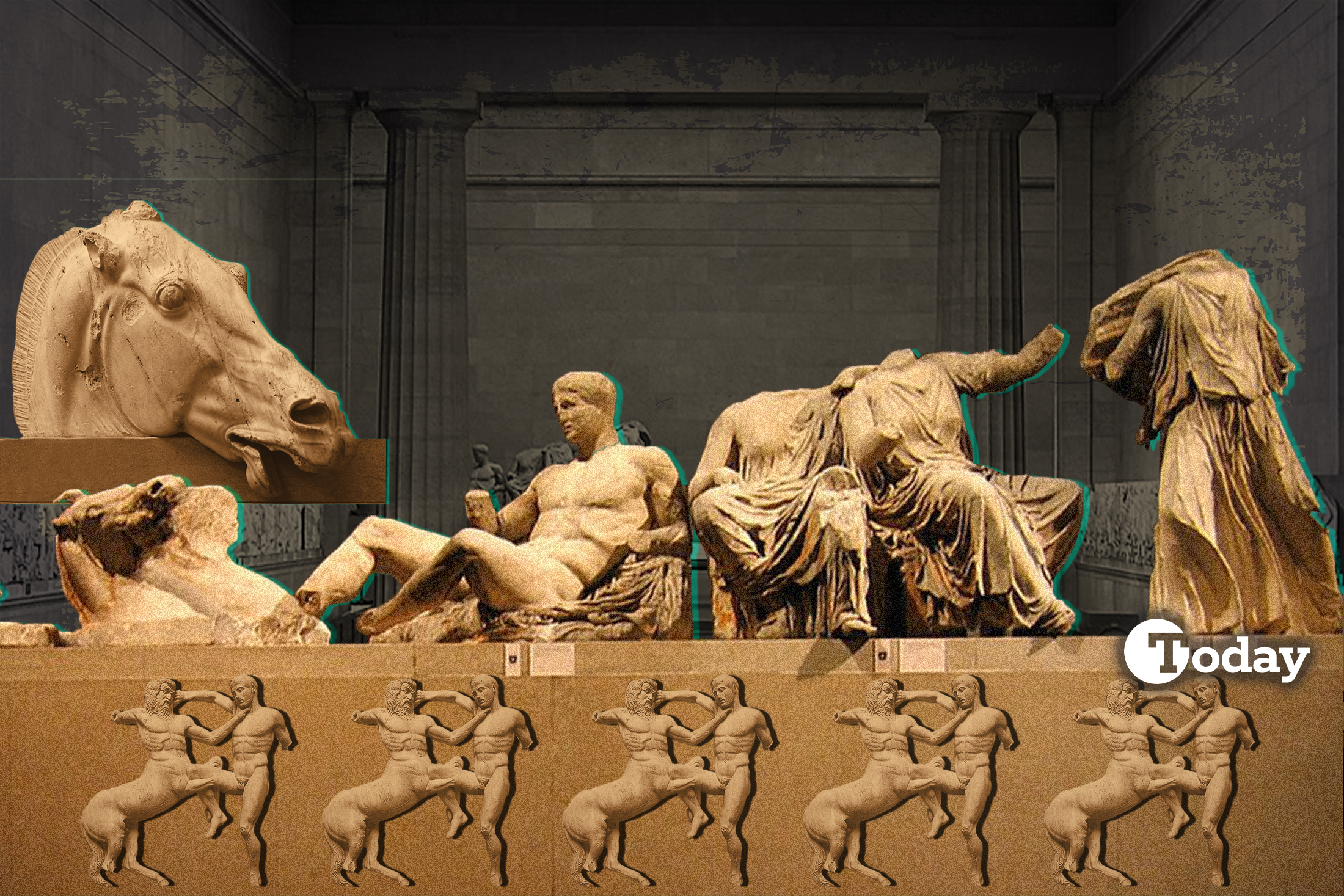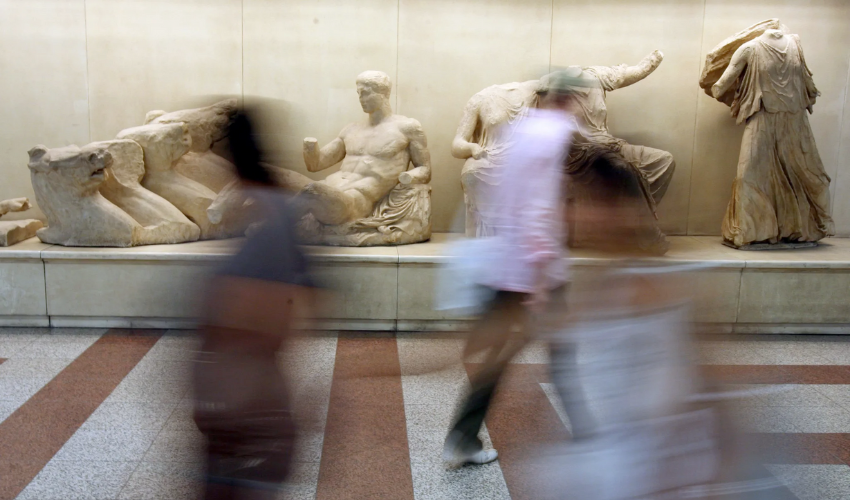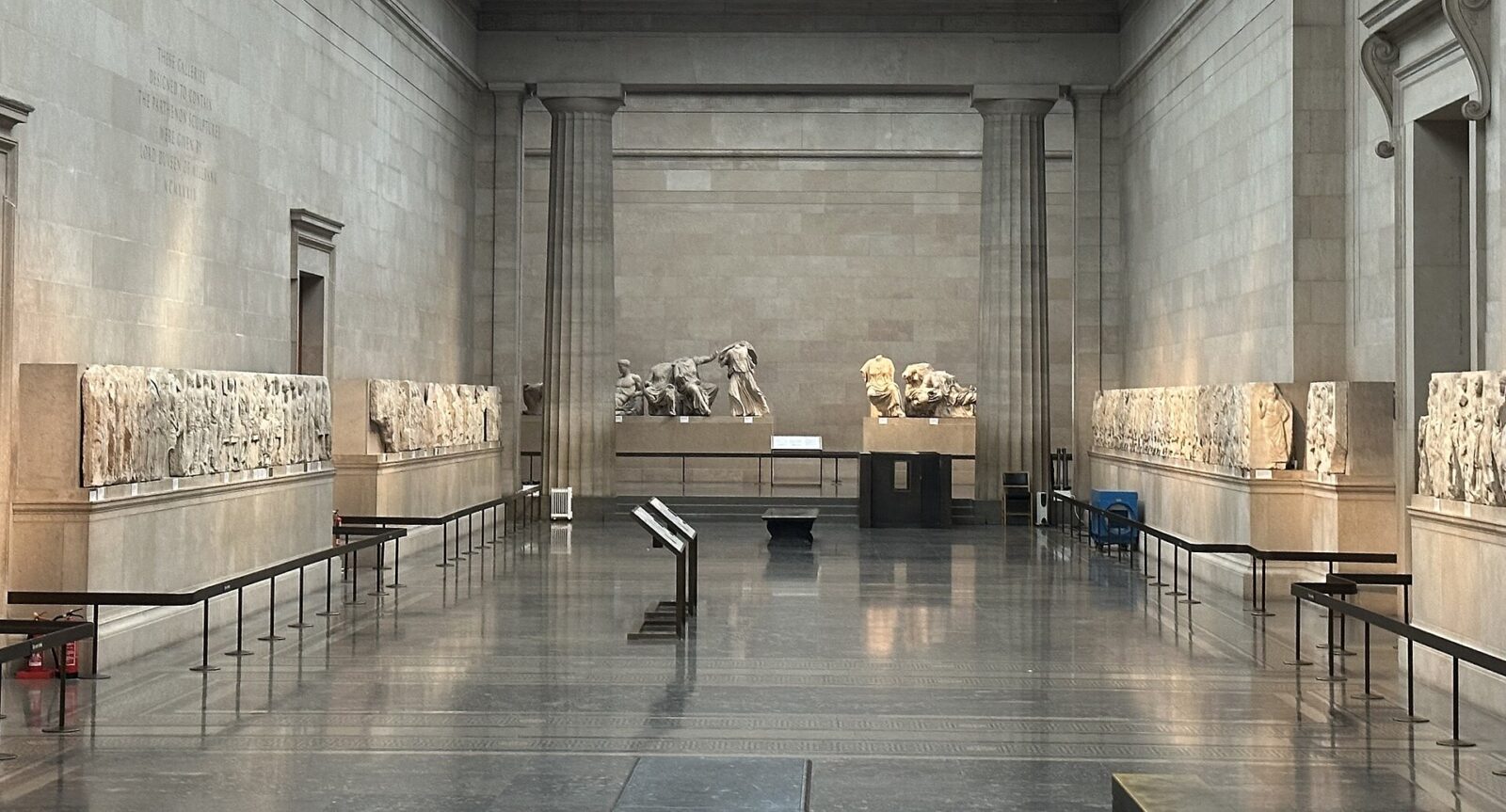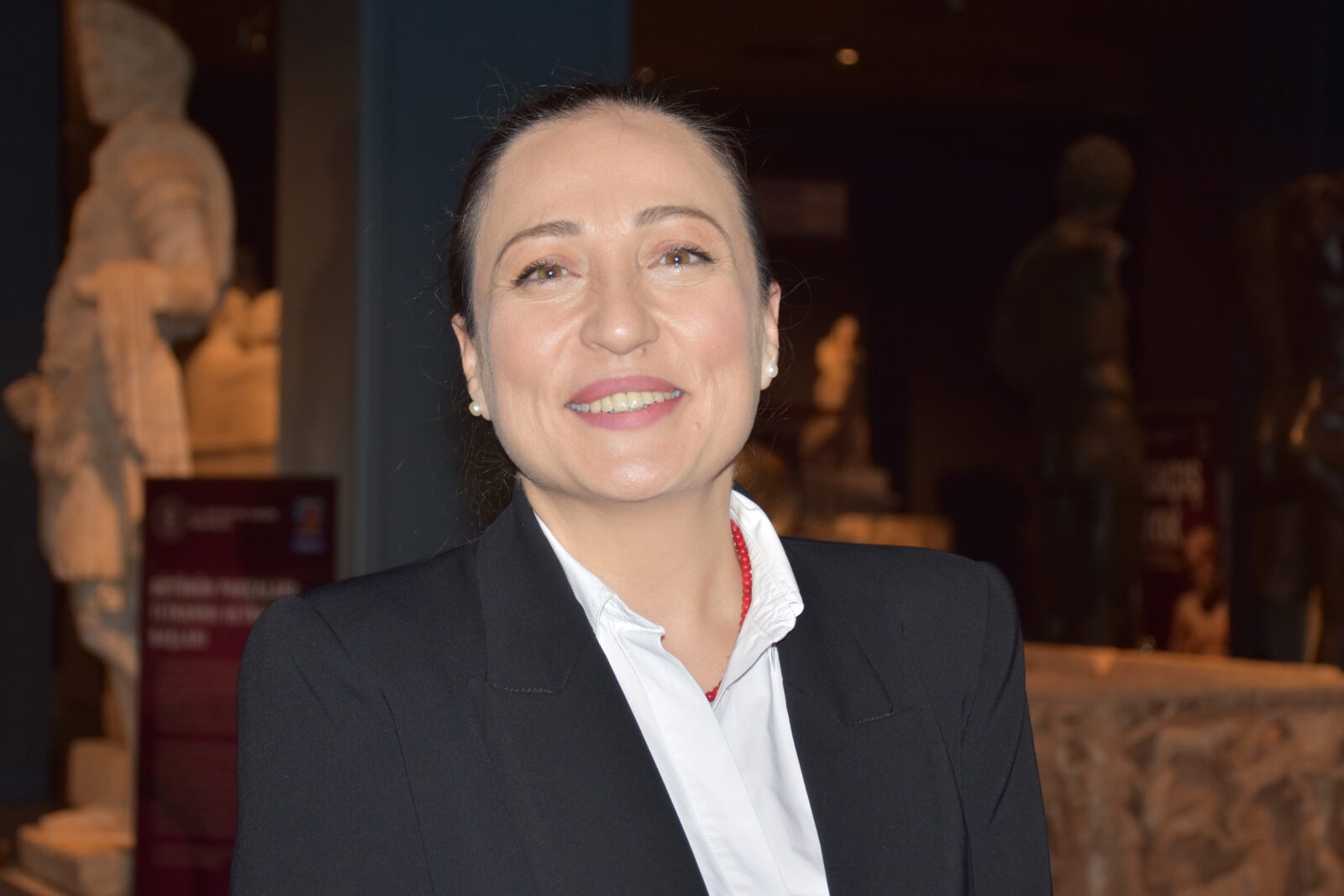
The debate over the return of the Parthenon sculptures, known as the Elgin Marbles, housed in the British Museum, continues to gain momentum. Calls for their repatriation to Greece have intensified, sparking diplomatic discussions and public opinion shifts.
According to information obtained by Sky News, Greek Prime Minister Kyriakos Mitsotakis and members of the British Museum's Board of Trustees have met two to three times this year to discuss the potential return of the Elgin Marbles. A museum official confirmed the discussions, adding that the institution’s stance on repatriation is not inflexible if an agreement can be reached between the two countries.
The Elgin Marbles, including remnants of the Athens Acropolis and Parthenon, were removed from Greece by Thomas Bruce, or Lord Elgin, during his tenure as British ambassador to the Ottoman Empire from 1799 to 1803. Elgin claimed he had obtained permission from Ottoman authorities to transport the sculptures to London.
The Turkish government and officials have long provided their support to Greek counterparts, arguing that no such Ottoman permission was granted over said historic sites and that the contemporary legal system disallows the current justifications - thus making the situation one of looting and theft by the British.
Over two centuries have passed since their removal, yet the debate surrounding their rightful ownership persists. In an interview with Greece’s Ta Nea newspaper, Hartwig Fischer, the director of the British Museum, reiterated the museum’s position, stating there is no obligation to return the sculptures to Greece. Fischer further argued that the marbles were legally acquired and are part of the museum's permanent collection.
Public sentiment in the United Kingdom appears to favor the return of the Parthenon Marbles. A 2017 Ipsos-Mori poll revealed that 69% of Britons supported their reunification with Greece, while only 13% opposed the idea.

Speaking to Türkiye Today, Zeynep Boz, the head of the Anti-Smuggling Department at the General Directorate of Cultural Heritage and Museums in Türkiye, provided insight into the broader implications of cultural heritage preservation. Boz emphasized the significance of combating illegal artifact trade and safeguarding global cultural treasures, including the Elgin Marbles.
Here is our Q/A session with Zeynep Boz:
During this period of the Ottoman state, a decree (ferman) was required for artifacts to be taken abroad. This was the fundamental necessity and procedure.
As a result of historical developments, countries today are broadly categorized as source or market countries. Although a clear distinction should be avoided, it can be said that Türkiye and Greece share a common destiny as source countries.
In this context, we cooperate with Greece not only for the return of a specific artifact but in all aspects of combating the smuggling of cultural heritage. Regarding the Parthenon Marbles, Türkiye has long expressed its support for their return as a matter of fairness and will continue to do so.

Artifacts like the Parthenon Marbles, which are part of an immovable cultural heritage site, should not be treated as portable objects. The deliberate removal of these pieces from the structures they belong to is an intentional and planned act, and unless there is clear documentation to justify it, it cannot be deemed legitimate, at least in the court of history. We believe that this issue can only be resolved through constructive decisions by both the U.K. and Greece, and we respect that.
However, we also assert that the burden of proof lies with those who claim these artifacts were legally removed. The return of these artifacts to Greece, accompanied by messages of friendship from both countries to the world, would be a reflection of the unifying power of cultural heritage.
Due to the period in which the event took place, this issue does not fall under modern international legal instruments. The absence of such a decree disproves the claims that these artifacts were legally removed from Ottoman territory, as argued by the U.K.

Key challenges include the lack of cooperation and negotiation opportunities, insufficient prioritization of this field by law enforcement in the receiving countries, and the lack of transparency in their legal art markets. Türkiye is actively working to change these perspectives.
The Department for Combating Smuggling, established under the Directorate General of Cultural Heritage and Museums in 2020, has contributed to Türkiye's expertise in this field. Our regular activities are divided into domestic and international efforts, with additional awareness programs carried out by our Education and Awareness Branch.
These include discussions in villages near archaeological sites, the "Culture Guardians" program for students, "No Escape" exhibitions, in-service training for museum experts, and the production of books, brochures, public service announcements, and multilingual comics.
In addition to strongly supporting multilateral organizations like UNESCO, we prioritize bilateral agreements in the field of cultural heritage smuggling. To date, we have signed agreements with 12 countries. For instance, our agreements with the United States and Switzerland, which have strong domestic art markets, have facilitated faster processes and better information sharing.
One notable success involves cooperation with the Manhattan District Attorney’s Office in the U.S. and American museums, resulting in the voluntary return of 151 cultural artifacts since 2021. These include sarcophagus fragments and statue heads from the ancient city of Perge, bronze emperor statues from Boubon, and Elmali coins, among others. Extensive investigations, including archival research, analysis of old news articles, academic publications, field studies, and witness interviews, played a crucial role in these repatriations.
Another example is the recovery of a mosque inscription from an auction in the Netherlands. This inscription, dating back to 1285 A.H. (1869 A.D.), was identified through the efforts of Professor Neval Konuk Halacoglu and subsequent investigations by Türkiye's Ministry of Culture and Tourism. The inscription was returned in May 2022 after extensive collaboration with Dutch authorities and local stakeholders.
Raising awareness is a key component of our fight against cultural heritage smuggling. Through tailored events and materials, we aim to convey messages about heritage protection to diverse audiences, including schoolchildren, law enforcement, and the judiciary.
Activities include meetings with residents near archaeological sites, public service announcements, brochures, posters, and digital materials. For example, we produced a Karagoz play titled "The Shameless Thief," and a comic book, "The Journey of Artemis," available in Turkish and English. Additionally, we organize "No Escape" exhibitions in various cities to highlight the issue of artifact smuggling and repatriation efforts. These initiatives aim to reach as many people as possible with impactful messages.
As a result Elgin Marbles, claimed to have been removed with legal permission during the Ottoman Empire, remain a highly debated issue due to the lack of concrete documentation supporting these claims. Türkiye advocates for the return of such artifacts to their places of origin, joining Greece and other nations in highlighting the importance of rightful restitution.
Cultural heritage represents the shared history and identity of nations. The return of artifacts like the Elgin Marbles signifies a pursuit of justice not just for the past but for the future as well. Türkiye continues its efforts on both national and international levels to ensure the protection and rightful restoration of cultural treasures.